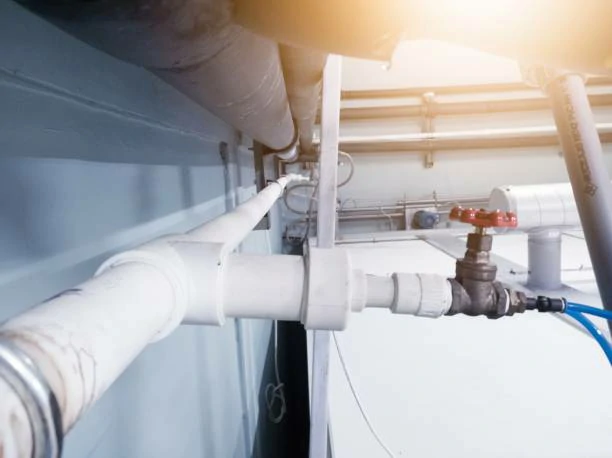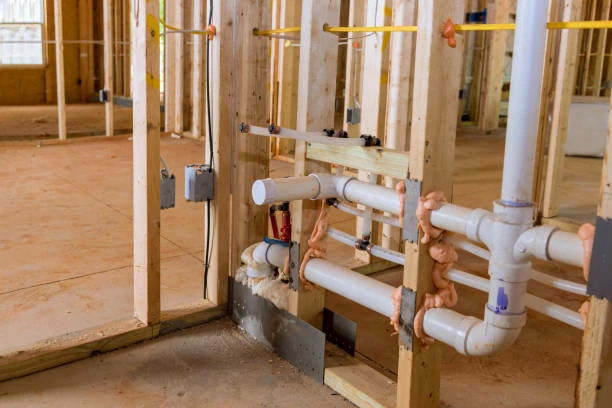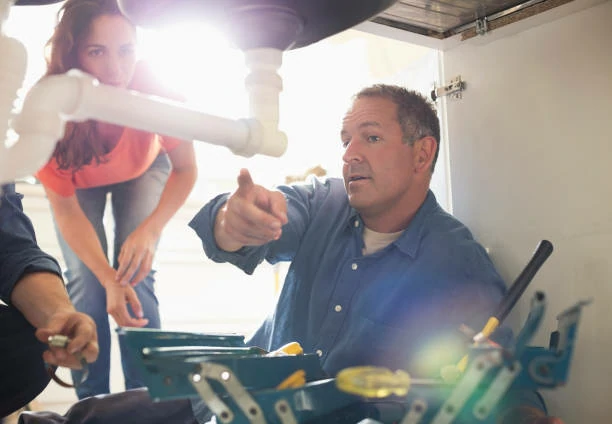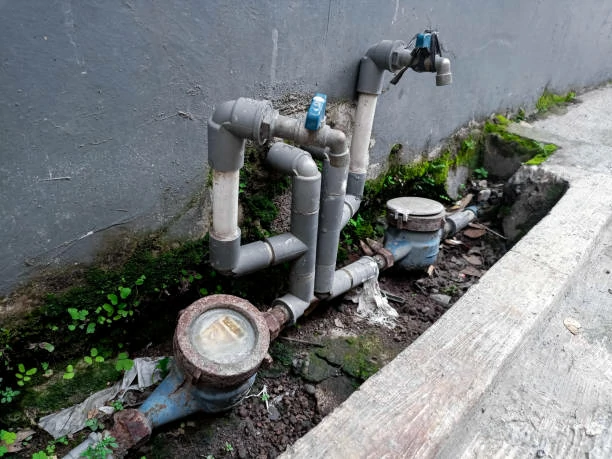Introduction
In the realm of modern infrastructure, High-Density Polyethylene (HDPE) pipes have emerged as a cornerstone due to their versatility and durability. Understanding the intricate process behind the manufacturing of HDPE pipes is crucial for appreciating their widespread applications across various industries.
The Extrusion Process
The manufacturing journey of HDPE pipes begins with the extrusion process, a fundamental technique in polymer processing. Raw Material Selection: High-quality HDPE resin pellets are carefully selected based on specific requirements such as density, molecular weight, and melt flow rate. Melting and Mixing: The resin pellets are fed into an extruder where they undergo controlled heating and mixing to achieve uniformity in material properties. Extrusion Die Design: The process involves forcing the molten HDPE material through a specially designed die, which imparts the desired shape and dimensions onto the pipe. As the extruded HDPE pipe emerges, it passes through a cooling chamber, solidifying its shape. Sizing tools ensure precise diameter control before cutting the pipes to the desired lengths.
Quality Control Measures
Maintaining stringent quality control throughout the manufacturing process is paramount to ensure the reliability and performance of HDPE pipes. Material Testing: Raw materials undergo rigorous testing to verify compliance with industry standards and specifications. In-Process Monitoring: Advanced sensors and monitoring systems track key parameters such as temperature, pressure, and extrusion rate in real-time, enabling prompt adjustments to optimize production quality. Dimensional Inspection: Finished HDPE pipes undergo meticulous dimensional inspection to verify adherence to precise tolerances and specifications. Mechanical Testing: We subject samples from production batches to mechanical tests such as tensile strength, impact resistance, and flexibility to validate performance characteristics.
Advancements in Manufacturing Technology
Advancements in manufacturing technology revolutionize HDPE pipe production, improving efficiency, sustainability, and innovation. Co-extrusion adds functional layers for enhanced properties. Automation streamlines processes, reducing manual work. Sustainable practices like recycling and energy reduction are embraced. Digitalization enables predictive maintenance and data-driven decisions, enhancing efficiency and quality.
Conclusion
In conclusion, the manufacturing process of HDPE pipes is complex, relying on precision engineering, quality assurance, and technological innovation. Understanding extrusion, quality control, and advancements highlights the crucial role HDPE pipes play in modern infrastructure. Embracing manufacturing technology advancements will enhance product performance, sustainability, and cost-effectiveness, ensuring HDPE pipes’ continued success.
Contact
IFANPLUS is a specialized product series launched by IFAN, primarily covering plastic pipes, fittings, and various types of valves. We offer PPR and PVC pipes in German and American standards, ensuring the high quality and reliability of our products. IFANPLUS valve products include a variety of valves, from PPR valves to other diverse copper valves, catering to your specific requirements. Whatever product you need, IFANPLUS will be your reliable partner. Here is our contact information.
We will reply your email or fax within 24 hours.
You can call us at any time if there is any question on our production.
For more information,pls visit our webside https://www.ifanplus.com/
Pls Mailto: [email protected]






